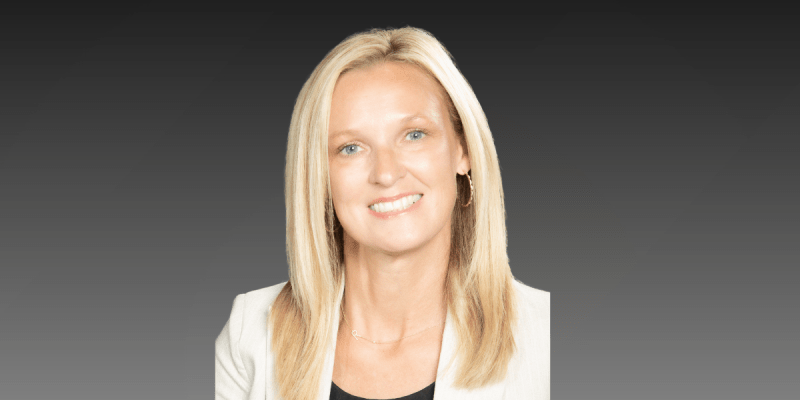By Luc Cohen and Mariela Nava
MARACAIBO, Venezuela (Reuters) – While playing for Venezuela in baseball’s Little League World Series in the United States last month, 12-year-old Adrian Salcedo ate tacos and Chick-fil-A, donned a virtual reality headset to envision himself hitting home runs in big league ballparks and marveled at the lush grass of the fields.
Now back at his four-room house in the western city of Maracaibo, hard-hit by Venezuela’s protracted political and economic crisis, the boy’s hopes center on his own version of the American Dream.
“I want to make the big leagues and help my mother, so we can buy a house and get away from this,” Salcedo said in an interview.
Professional baseball, which is wildly popular in parts of Latin America and the Caribbean, has long been viewed as a path out of poverty. And players from the Dominican Republic, Venezuela, Cuba and Puerto Rico make up more than 20% of current big league rosters, according to Major League Baseball (MLB).
But Salcedo said his trip to the United States — whose government is seeking to oust socialist President Nicolas Maduro through economic sanctions and diplomatic pressure — highlighted some of the extraordinary challenges he and his teammates face.
“The ballplayers over there (in the U.S.) are fat, and they’re not tired,” Salcedo said, alluding to Venezuela’s growing problems stemming from malnutrition and hunger.
Kids from other countries he spoke to during the tournament in Williamsport, Pennsylvania – the world’s biggest youth baseball event – were aware of the problems facing Venezuela, said Salcedo, a lanky and soft-spoken left fielder.
“They asked us how we put up with all this,” he said, referring to Venezuela’s increasing state of decay.
Salcedo and 13 other players from Venezuela’s Cacique Mara team qualified for the Little League World Series by winning a national championship and then a Latin America-wide tournament in Panama. They went on to beat Australia and Mexico before crashing out of the World Series with a loss to Curacao.
On their return home, late last month, the players were greeted by family members cheering and holding signs at the airport in Maracaibo, Venezuela’s second-largest city.
Once the bustling oil capital of the OPEC nation, the city now regularly goes more than eight hours a day without power under a rationing plan that affects everything from running water to internet connectivity.
Many businesses have shut down since a wave of lootings during a prolonged power outage in March, leaving a cityscape marked by boarded-up storefronts and abandoned buildings.
Two days after returning to Maracaibo, Salcedo woke up in the middle of the night after a power outage knocked out his fan, leaving him tossing and turning in the Caribbean heat.
He was so tired the next day that his mother, 44-year-old single homemaker Diana Nunez, had to browbeat him into doing his workout routine, which includes a makeshift weightlifting session with two sand-filled bottles strung to a pole.
Nunez said she used to serve her son beef or chicken every day, but lately she can only buy meat three times a week.
Unlike the well-manicured U.S. ballparks, the field where Cacique Mara practices has no grass. A pump that used to irrigate it was stolen two years ago and lights, which once allowed teams to practice at night, have been out for years.
Funding for the U.S. trip and visa expenses, both for Cacique Mara’s little league team and for a younger division that won a Latin America-wide championship in Mexico in early August, was a challenge.
Ultimately, the teams had to rely almost entirely on contributions from Venezuelan major leaguers and complimentary tickets from airlines due to a lack of support from the cash-strapped government, according to Cacique Mara director Daniel Gutierrez.
“It wasn’t like this before, but now even gloves and cleats are luxuries,” Gutierrez said.
Venezuela’s Youth and Sports Ministry and the government’s Information Ministry did not respond to requests for comment. But Pedro Infante, the minister for youth and sports, has blamed the U.S. “economic and financial blockade” on Venezuela for preventing the government from importing equipment and paying for athletes to travel overseas.
Baseball was briefly ensnared in the diplomatic dispute between Caracas and Washington last month, when the MLB banned players from participating in the upcoming Venezuelan professional league season due to U.S. sanctions.
“When I arrived in the United States I was impressed,” said outfielder Eduar Pinto, 12, who enjoyed going out to eat and playing in the game room in the team’s dorm in Williamsport.
“When the time came to return, I didn’t want to come back. I wanted to stay there.”
While players’ families often struggle to buy them everything they need, relief could be on the way soon for at least some of Cacique Mara’s stars. Many are aiming to join one of Maracaibo’s numerous private baseball academies, which provide players with food and equipment in exchange for a cut of any eventual professional contract they may sign.
Such contracts are far from guaranteed in the hyper-competitive world of sports, however, and Nunez acknowledged her son may have to put his hopes on hold.
“If he doesn’t make the major leagues, it doesn’t matter to me, but I want him to study, to be a professional,” said Nunez, whose brother – like more than 1 million other Venezuelans – has migrated to neighboring Colombia to find work and help the family.
“If he doesn’t graduate, he’s not going to get a job. Let’s hope that by then, Venezuela will have gotten better.”
Photo essay here https://reut.rs/2lTbDO0
(Reporting by Luc Cohen and Mariela Nava; Additional reporting by Johnny Carvajal and Manaure Quintero; Editing by Tom Brown)





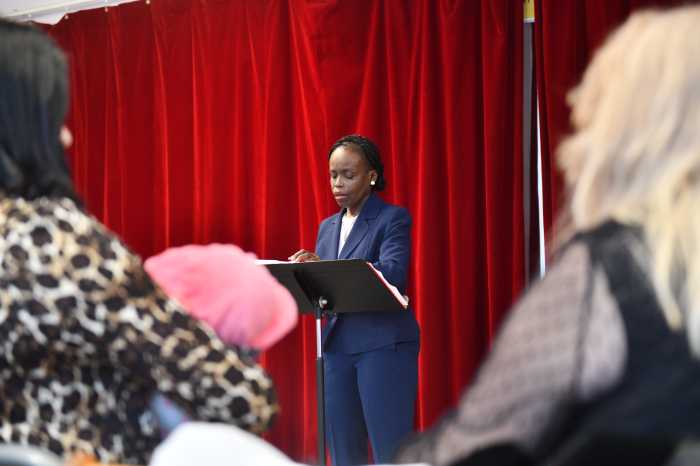
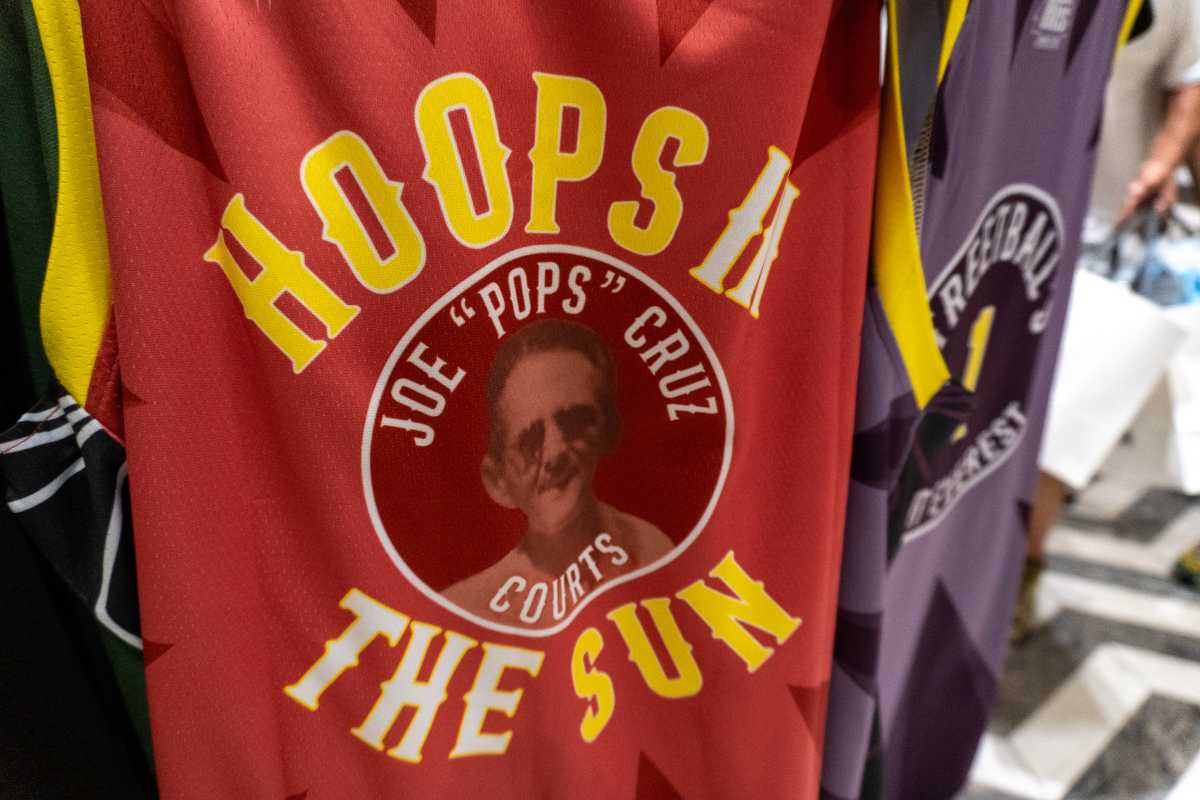
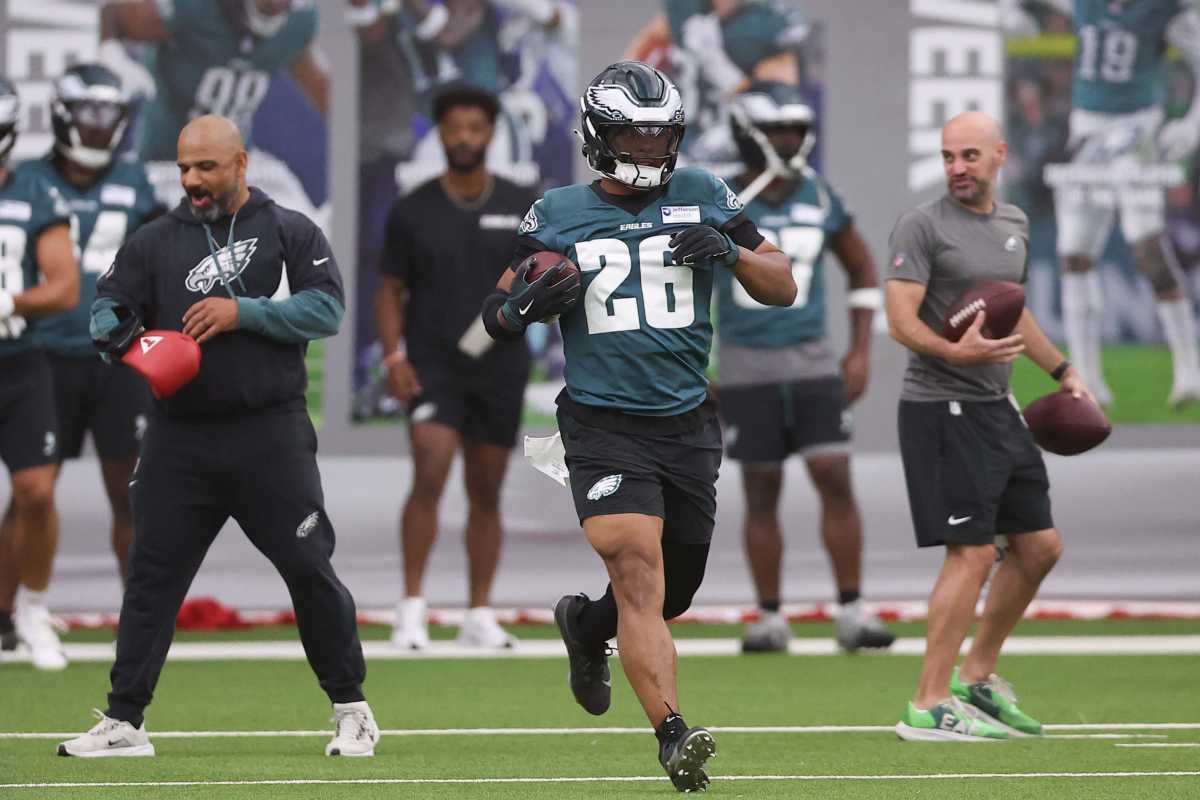
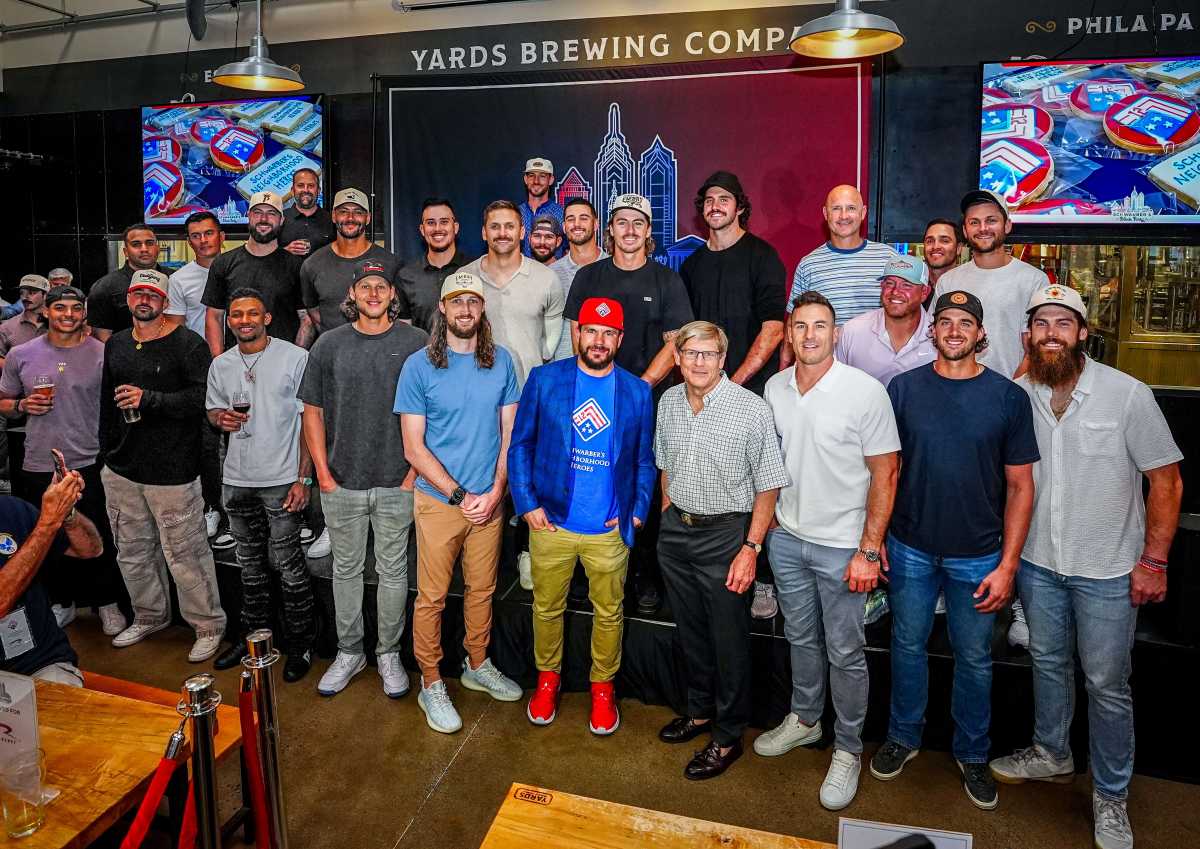
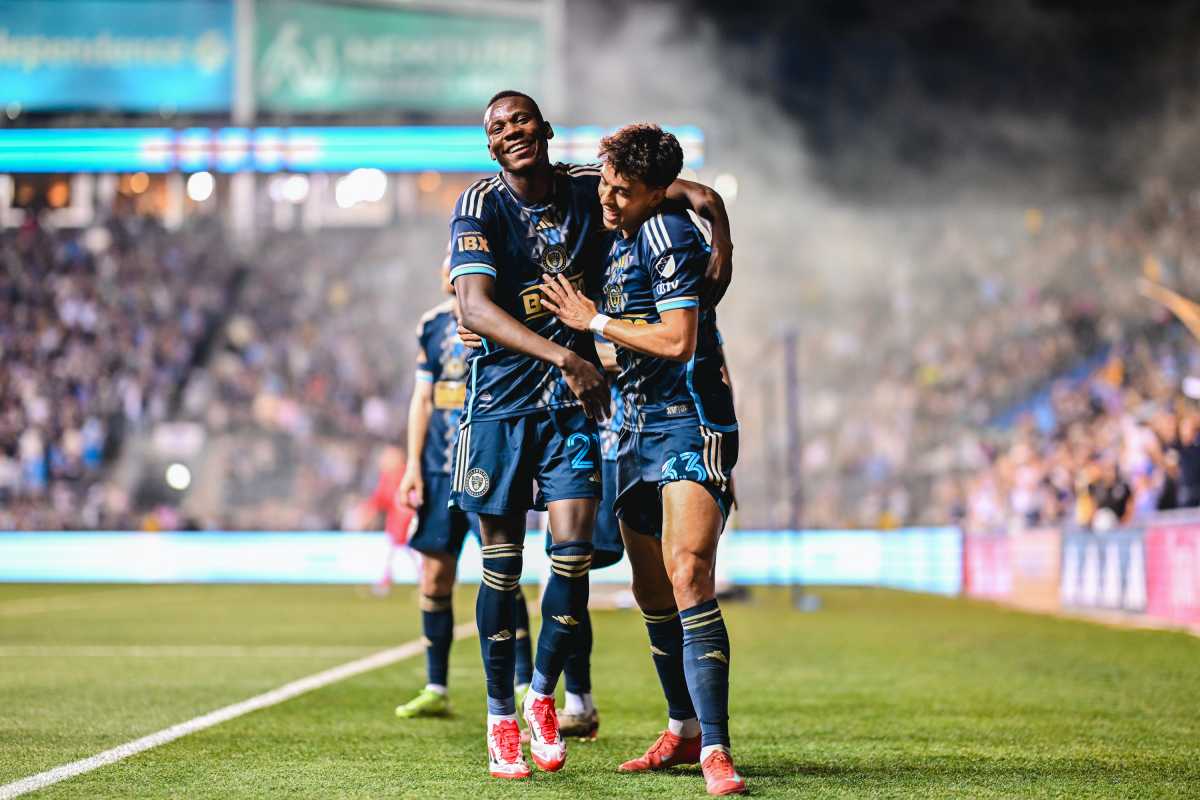

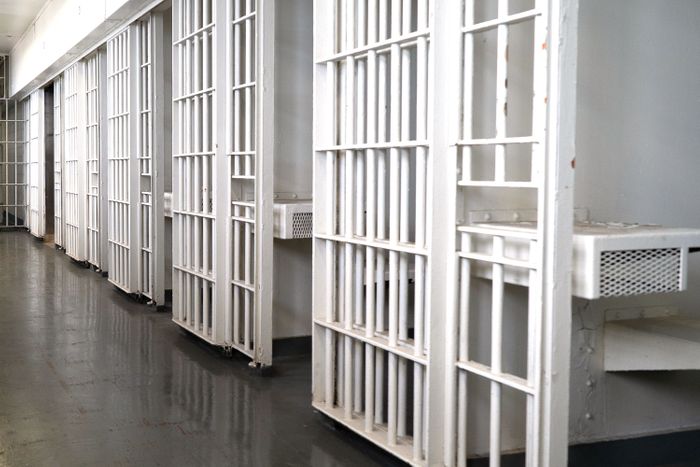

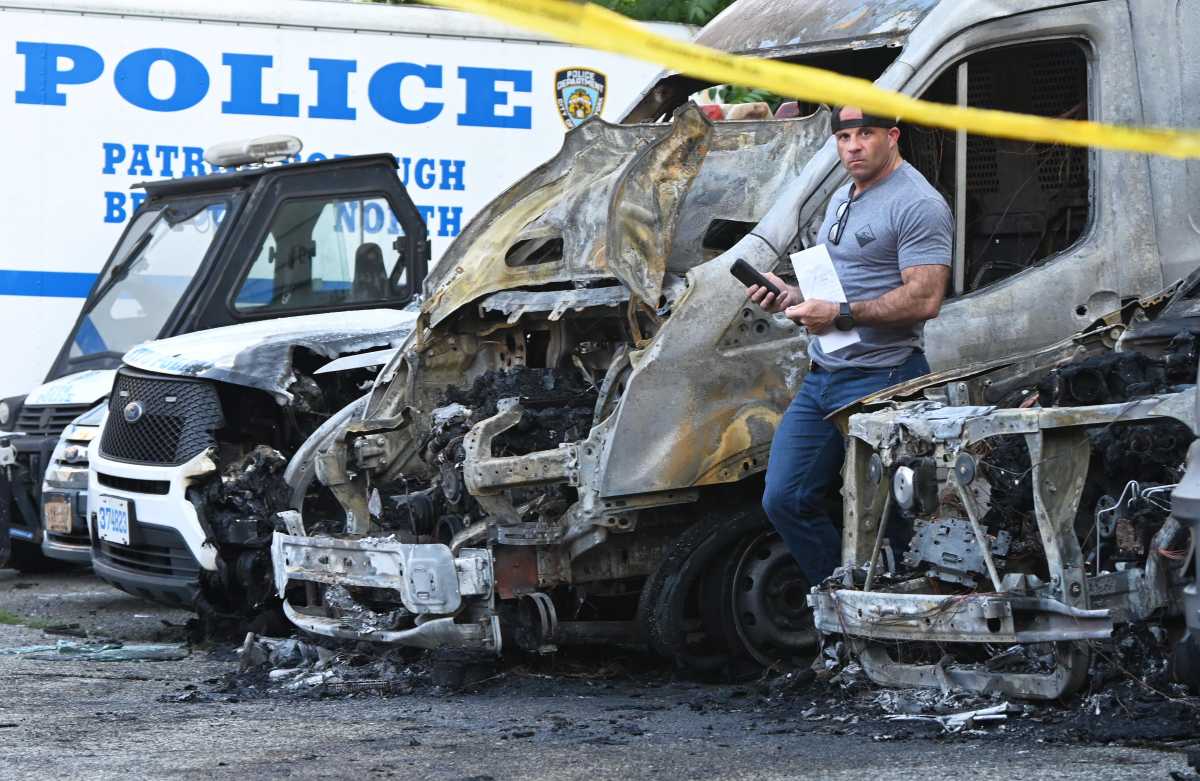
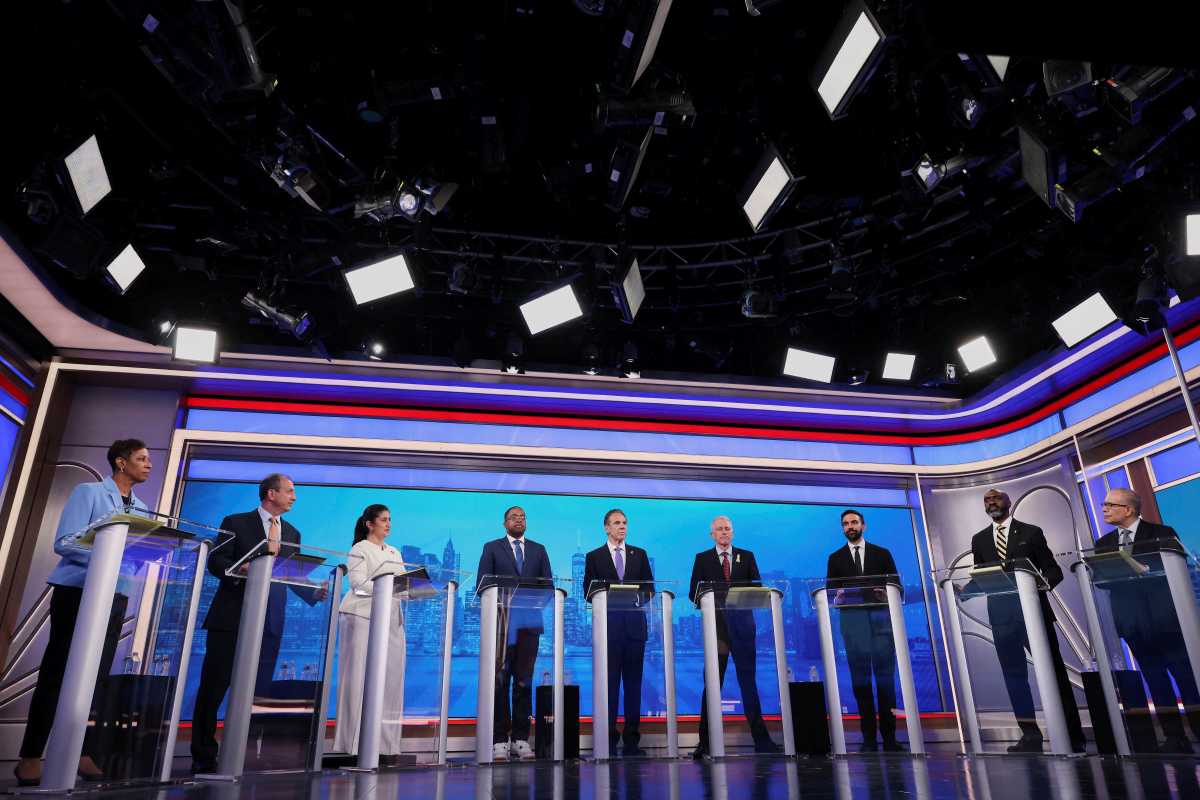
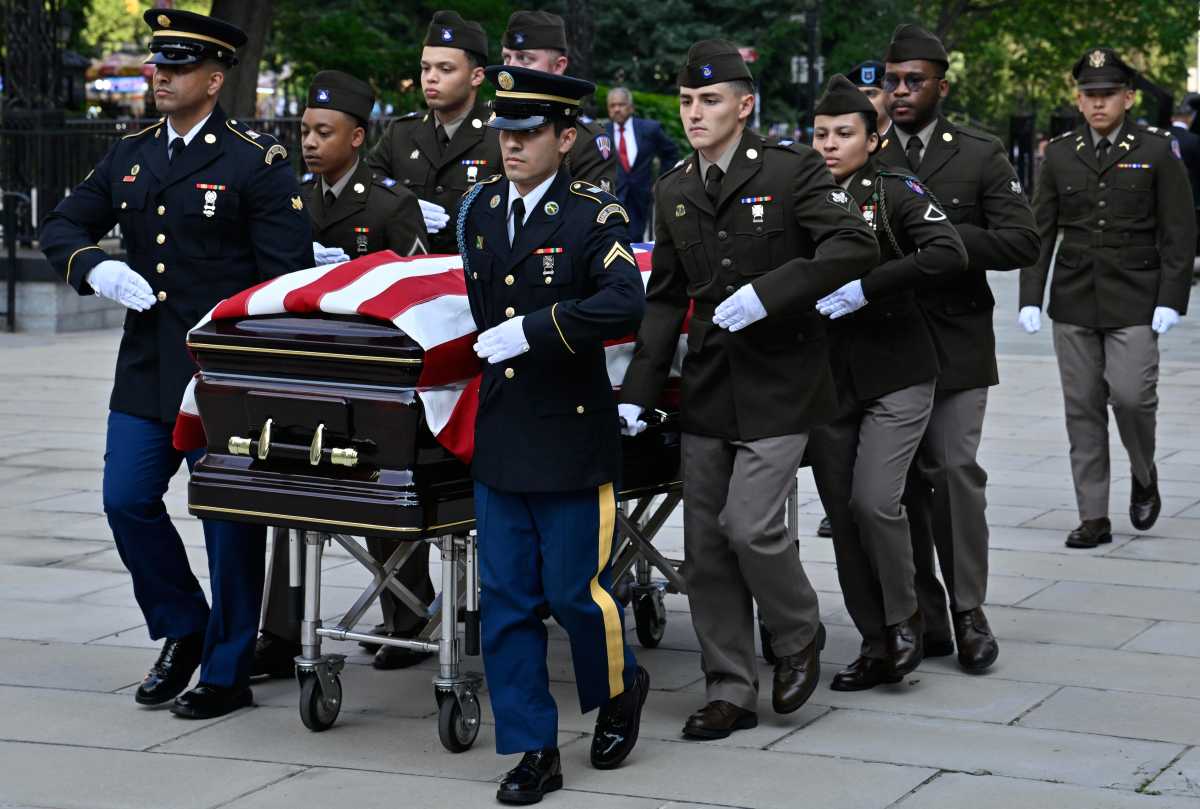
![STATEOFFIRSTS_[MELISSALANGER]_9](https://gaycitynews.com/wp-content/uploads/2025/06/STATEOFFIRSTS_MELISSALANGER_9.jpg?quality=51&w=700)

